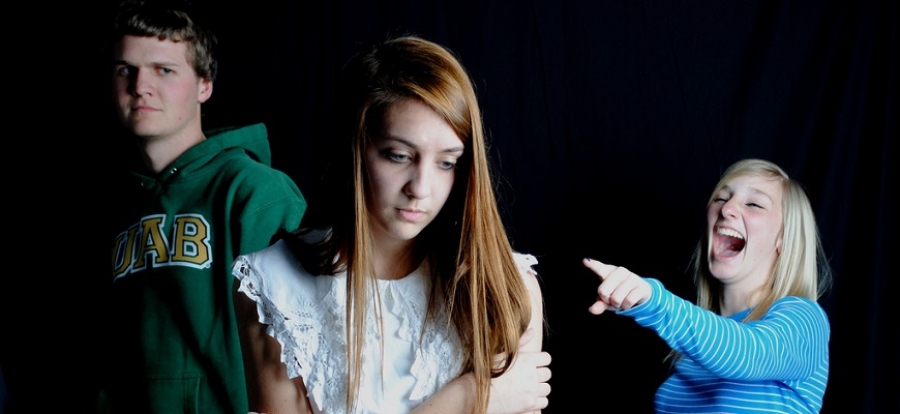My conversations with Naomi and Sean highlighted the impact that low self-esteem and body confidence can have on a pupil’s ability to interact with the curriculum even before this morphs into generalised anxiety, eating disorders, self-harm or one of the other issues I commonly advise on. Naomi’s low self-esteem was causing her issues in class every day, and at just 10, Sean had already given up on an activity he previously enjoyed due to low body confidence. You’ll have students like them – imagine how their education might be impacted too:
Low engagement in lessons
Naomi chose not to raise her hand in class. Ever. She had little faith in her abilities and feared drawing attention to herself. She also found it hard to participate in group activities where she felt she had nothing to contribute. Becoming a passive learner can make lessons less interesting to pupils as well as reducing their need to pay attention. Pupils like Naomi are also unlikely to ask for clarification on learning points they’ve not yet understood which can result in them quickly falling behind.
Lack of critical thinking
With such a low opinion of their own thoughts and abilities, pupils with low self-esteem will often quickly come to assume"Exploring and questioning ideas shared by others is a key way of learning and consolidating." that ideas shared by other pupils or the teacher are correct and accept these opinions of others unquestioningly. Exploring and questioning ideas shared by others is a key way of learning and consolidating that pupils like Naomi and Sean will often miss out on completely. Pupils with low body confidence will also work hard to remain anonymous and unquestioning in class – in a 2005 survey of secondary school pupils, 31% said they did not engage in classroom debate for fear of drawing attention to their appearance (Lovegrove & Rumsey, ‘Adolescents, Appearance and Bullying’ 2005). This percentage is likely to have risen in the last decade.
Limited choices
Pupils with low self-esteem or body confidence are more likely than their peers to choose subjects which involve less interaction, little self-expression and lower risk of failure. They’ll take the same approach when considering extra-curricular activities, perhaps opting out altogether like Sean, or choosing low impact activities. Consequently, they miss out on this rich vein of opportunities to develop their learning, understanding, passion and enjoyment.
It’s also common for pupils to directly link beauty with success and to feel that their appearance is a barrier to their aspirations:
“If you’re fat or ugly – if your face doesn’t fit – then there’s no way you’ll ever do well in life, so what’s the point in trying?” Arshid, 14
Naomi, Sean and Arshid’s experiences are far from uncommon. There are children like them in every class, though they can be quite hard to spot at first – they tend to keep their heads down, quietly trying to get on with their work and doing all they can to prevent drawing attention themselves.
Enabling Learning
We can take simple steps to make lessons more accessible to pupils caught in a cycle of low self-esteem or body confidence. For example by:
- Ensuring we have a non-intrusive means of tracking the understanding of each learner
- Providing opportunities for pupils to ask questions one to one, as well as in front of the class.
- Facilitating and encouraging a questioning approach from every pupil.
- Buddying pupils like Naomi with a more confident learner whose remit is to help her engage.
- Allowing pupils to submit anonymous questions about their learning.
- Using male and female case studies and role models of all shapes and sizes from a range of cultures.
There is also much we can do as a school, to work with pupils to raise their self-esteem and body confidence as part of our PSHE curriculum and holistic school approach. Specific programmes aimed at addressing these issues are beneficial to all pupils, and especially helpful to pupils like Naomi and Sean where the long-term impact is likely to be seen in the form of increased participation in class, increased uptake of extra-curricular activities and a higher likelihood of pursuing academic and employment goals which inspire them.
How do you promote self esteem in your school? Let us know in the comments.


















